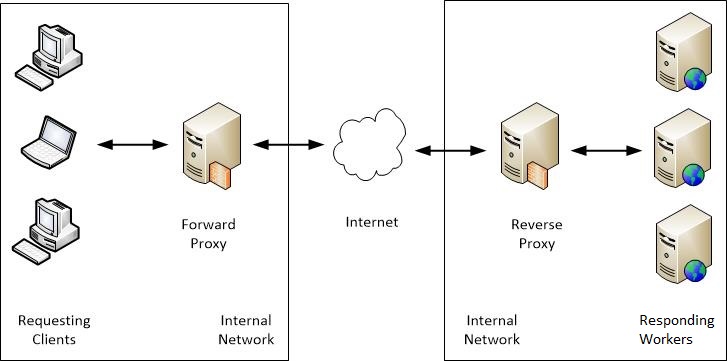
Are you trying to get around censorship or geo-restrictions? If so, you need to start using residential proxies! Residential proxies are IP addresses that are assigned to real people, as opposed to data centers or servers. This means that they offer a much higher level of anonymity and privacy than other types of proxies. In this article, we will show you how to use residential proxies in Chrome.
What are residential proxies and why do you need them?
If you’re looking for a way to get around censorship or geo-restrictions, then residential proxies are a great solution. Residential proxies are IP addresses that are assigned to real people and locations, making them much harder to block than other types of proxies.
Plus, with residential proxies you’ll get access to local content that might be blocked in your country. For example, if you’re trying to access a website from China that is normally blocked, using a residential proxy in China will allow you to do so.
Here’s a step-by-step guide on how to use residential proxies in Chrome:
1. Download and install the Proxy SwitchyOmega extension.
2. Open the extension and click on the “Options” button.
3. In the “Network” tab, click on the “Add” button next to “Custom Proxy”.
4. Enter the IP address and port of your residential proxy server. You can find a list of residential proxy providers here.
How to use residential proxies in Chrome
If you’re looking for a way to get around censorship and geo-restrictions, residential proxies are a great option. Residential proxies are IP addresses that are assigned to real physical locations, which means they can be used to bypass restrictions based on your location.
Benefits of using residential proxies in Chrome
If you are looking for a way to get around censorship or geo-restrictions, residential proxies are a great option. Residential proxies use IP addresses from real homes, which makes it harder for governments and ISPs to block them. Additionally, because they come from actual people’s homes, they are less likely to be blacklisted.
If you’re looking for a way to get around censorship or geo-restrictions, a residential proxy server may be the answer. A residential proxy is an IP address that’s been assigned to a physical location, such as a home or office.
Additional tips for using residential proxies in Chrome
If you’re looking for a way to get around censorship and geo-restrictions, residential proxies are a great option. Not only do they offer more anonymity than public proxies, but they’re also much more difficult to block.
If you want to access content that is censored or geo-restricted, you can use residential proxies. Residential proxies are IP addresses that are associated with real physical locations. This means that they can bypass any restrictions that are based on your IP address.
